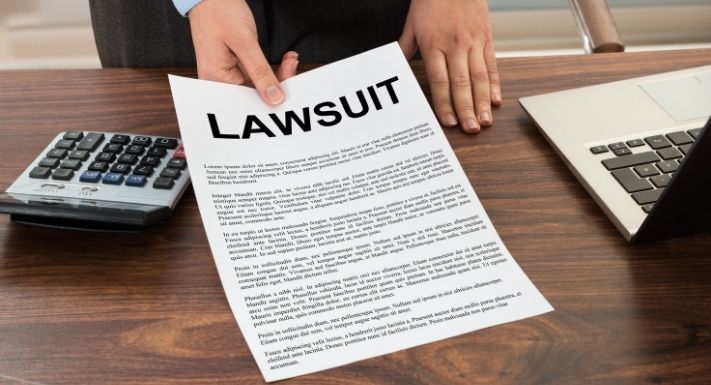
What To Do if You Had an Unnecessary Surgery
March 10, 2021
Common Personal Injury Cases That Involve Children
April 2, 2021Your workplace should be a safe and supportive environment where you can apply yourself fully and meet your superiors’ expectations. However, many employers discriminate against or harass their employees, which leads them to report the incident. Yet, your employer may not look kindly on such actions. Here is what you need to prove a workplace retaliation lawsuit.
What Is Workplace Retaliation?
Before you can prove any wrongdoing, you must know precisely what workplace retaliation entails. Retaliation is an act of anger and aggression against another person in response to an undesirable event. In a workplace retaliation scenario, your superior or employer acted in a way that punished you for reporting discrimination or harassment.
For example, if you have a disability and your superior repeatedly overlooks you for promotions or denies you opportunities, you may have reported it up the chain of command. This complaint is a protected action, and all human resources departments should handle these cases with care. However, your superior may have found out about it and either disciplined or fired you on the spot. These actions are illegal and unacceptable, and you should find legal aid with a disability attorney in Boise, Idaho, like ours at Rossman Law Group.
What Evidence Do You Need?
The law requires that you present convincing evidence of an event to prove the authenticity of your account. Begin with any notes of your own or hard evidence, such as recordings or documentation of the event. You can then move on to eyewitness accounts of the incident if any coworkers were present for the unpleasant exchange. Reach out to your peers who noticed a change in your workload or know about your situation. From there, a lawyer can help you piece these items together and find more evidence to support your case.
What Should You Do About It?
Once you realize your experiences qualify as workplace retaliation and have some evidence of the incident, you should pursue legal support. Research lawyers trained in employment law who can handle the details of your case adeptly. Contact your friends and family for support through this process since legal proceedings can result in further emotional turmoil. With both legal and relational support, you can argue your case well and seek your due compensation.
Knowing what you need to prove a workplace retaliation lawsuit is liberating and empowering. Continue digging into employment law to figure out the best next steps for your case. If you need professional legal aid, reach out to our offices at Rossman Law Group today.





